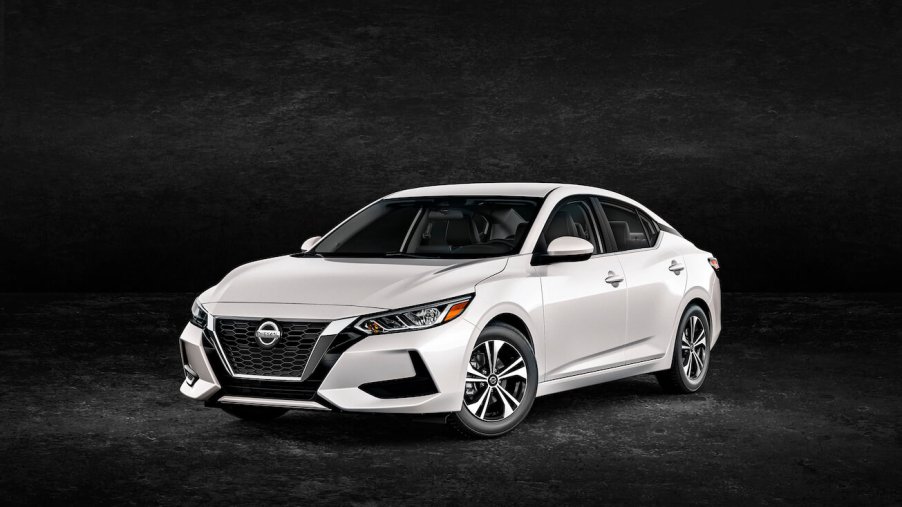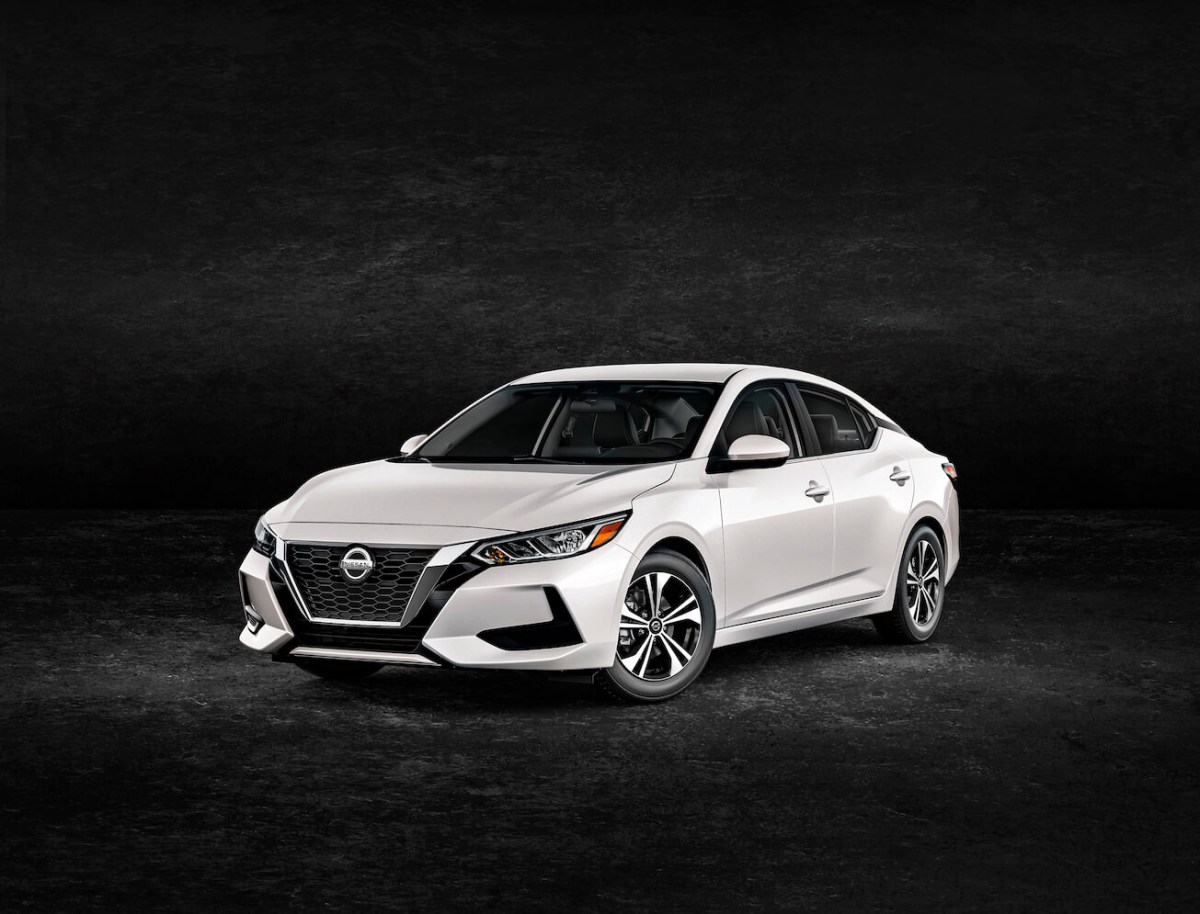
Nissan Sentra Owners Face Low Reliability, Paint Quality Issues
Each year, Consumer Reports puts out a new reliability survey that includes each car available for purchase. These surveys ask current owners what they thought about their cars in terms of performance, various features, and more. It also shows which vehicles have improved in terms of reliability and which ones have gotten worse. According to the latest data, one Nissan model fails to impress its owners. How did the Nissan Sentra, previously a CR Recommended vehicle, lose its coveted status this year?
General reliability findings for 2022

The newest Consumer Reports surveys concluded that the sedan segment has the highest average predicted reliability score. SUVs aren’t too far behind, while minivans and pickup trucks are prone to more problems. CR doesn’t recommend most 2022 pickup trucks, though models like the Honda Ridgeline and Toyota Tacoma have good track records.
Many PHEVs and EVs were noted to have lower predicted reliability scores due to powertrain and charging problems. Many of them are also still plagued with glitchy or malfunctioning in-car electronics reported in prior years. Most hybrids retain good reliability scores, and a few have even improved.
So where does Nissan and its Sentra fit into all this new data?
Why you might not want to buy a Nissan Sentra
Despite earning a Green Choice badge from Consumer Reports, the Nissan Sentra has a rock-bottom predicted reliability score. While most of its major mechanical components should stay in good shape, owners reported body integrity problems and paint quality issues. Drivers also had problems with the Sentra’s climate control system and brakes.
Of course, it’s worth noting that some drivers have different experiences compared to others. On CR’s road test, the Nissan Sentra didn’t have any braking problems. Testers also didn’t report any excessive exterior noise, and the engine does a decent job of keeping its volume low.
The Nissan Sentra only has 149 hp on tap, but it’s still fast driving around city streets. It also has an agreeable suspension and agile handling, which extends to instances where you need to swerve at highway speeds. It got 32 mpg overall during real-world testing, with an impressive 44 mpg on the highway.
Even so, the poor illumination from the Nissan Sentra’s halogen headlights is noteworthy. You can get LED headlights on both the SR and SR Midnight Edition, with the latter Sentra priced below $24,000. Otherwise, you may need to use your high beams once you accelerate.
Both the Nissan Sentra S and SV trims also have fairly basic interiors, though that’s hardly surprising at their price points. The second row’s seats are also on the firm side, and taller riders might have problems getting inside either row.
The Nissan Sentra has good visibility from most angles, and it’s no challenge for most drivers to get comfortable in their seats. However, your left shin might keep bumping into the foot-operated parking brake.
Consider these cars instead of a Nissan Sentra
While they’re not exactly comparable size-wise (which may be a good thing), one alternative option is the Nissan Rogue, and not just because of its excellent reliability. It’s easier to access the interior thanks to an elevated ride height, and the seats are slightly more supportive. The Nissan Rogue also comes with standard LED headlights and a 201-hp turbocharged engine.
Of course, if you’re set on buying a sedan, the Honda Civic is always a reliable option. For more of a driving thrill in your daily commute, the Mazda3 sedan provides zippy performance with really solid safety. Finally, while the Toyota Corolla is far from the most exciting option, it does provide a measure of reliability that you might not find in your Nissan Sentra, if current owners are anything to go by.


